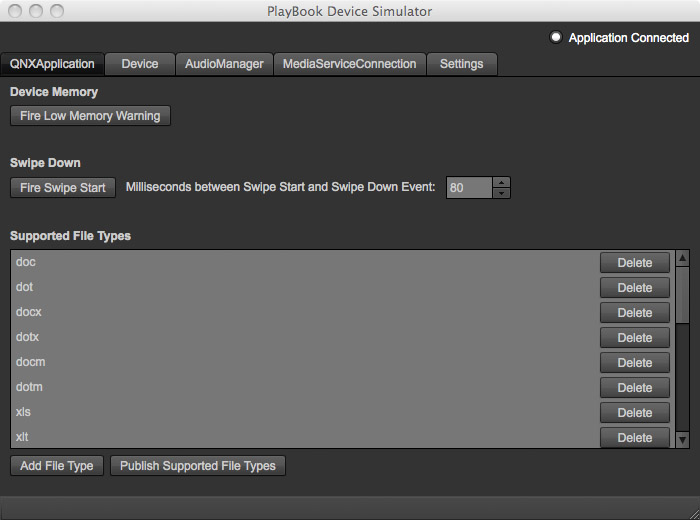Last night, I released an other small library, which allows you to use the Yahoo! PlaceFinder Webservice with Flex and ActionScript3. The library is based on Parsley, because I have developed the library for my Last.fm projects which use Parsley as application framework.
Yahoo! PlaceFinder Webservice allows to find addresses based on address parts or GPS geolocation information (latitude and longitude).
As Yahoo will discontinue and shut down their Maps Web Service in September, the Yahoo PlaceFinder Webservice can be use as replacement of GeoCoding APIs of the Maps Web Service.
An example, the documentation and the library can be found here.

